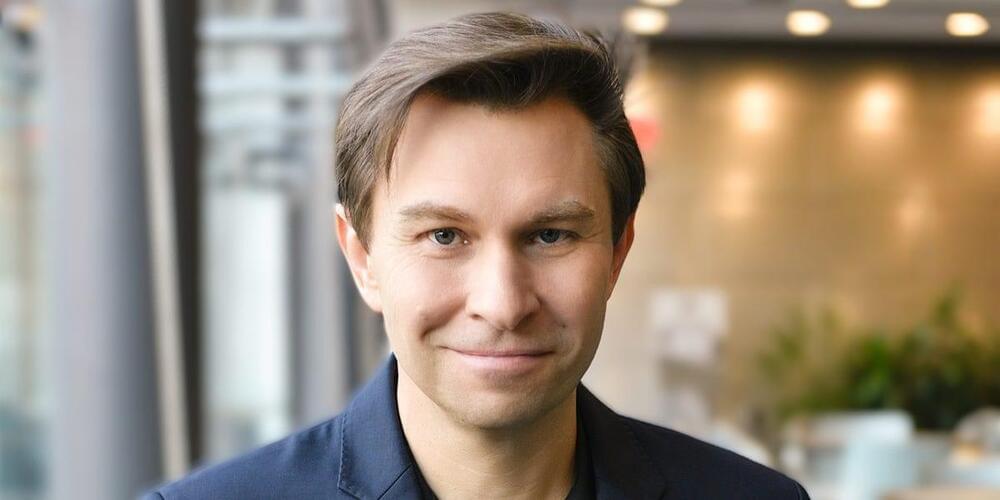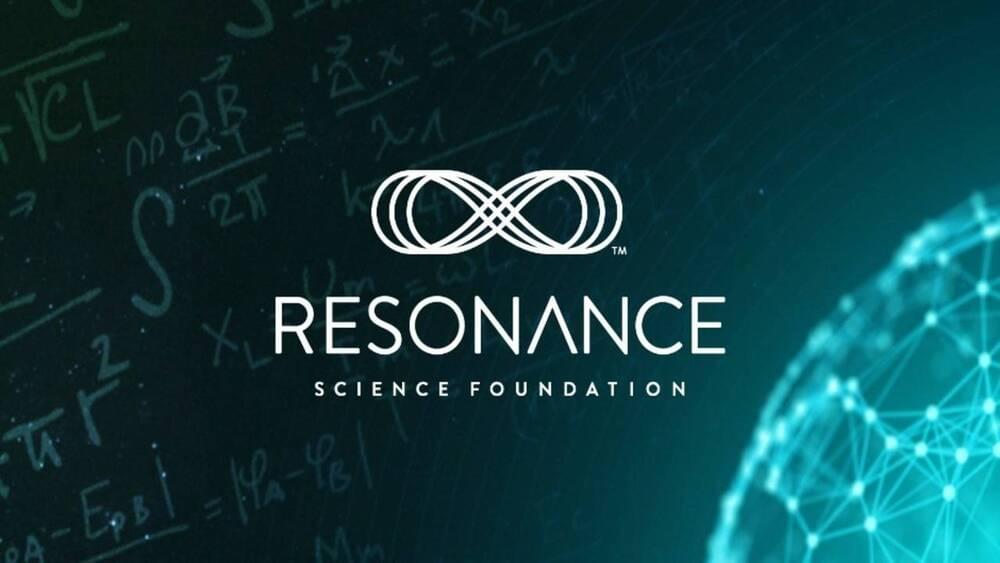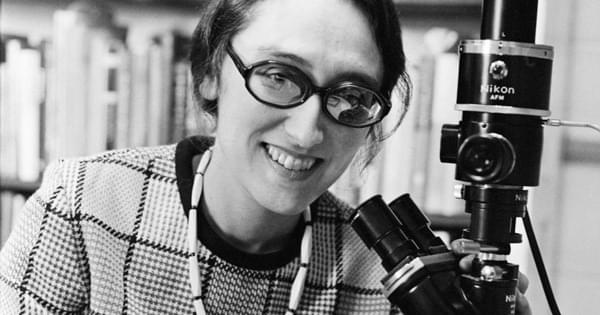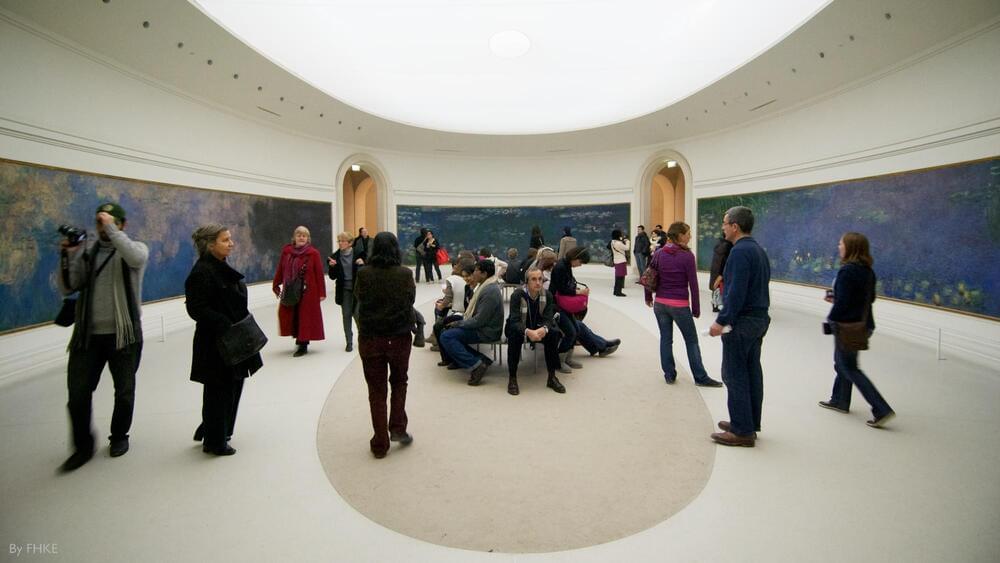Quantum mechanics had a disordered beginning in the 1920s, and is still developing today. Science is rarely a done deal, says Chanda Prescod-Weinstein
Columnist By Chanda Prescod-Weinstein

Quantum mechanics had a disordered beginning in the 1920s, and is still developing today. Science is rarely a done deal, says Chanda Prescod-Weinstein
Columnist By Chanda Prescod-Weinstein

“That’s got molecules in it that will prevent cancer, among other things” like anti-inflammatory properties, he said. Some older research has shown, for example, that green tea consumption might be linked to a lower risk of stomach cancer.
Sinclair also said he takes supplements (like those sold on the Tally Health website) that contain resveratrol, which his team’s research has shown can extend the lifespan of organisms like yeast and worms.
While the compound, famously found in red wine, is known to have anti-inflammatory, anti-cancer, heart health, and brain health benefits, the research is mixed on if or how well such benefits can be achieved in humans through a pill.
Driving Toward the Elimination of Cancer — Joel Greshock — VP, Oncology, Data Science & Digital Health, Janssen Pharmaceutical Companies of Johnson & Johnson.
Joel Greshock is VP, Oncology, Data Science & Digital Health, Janssen Research & Development (https://www.janssen.com/oncology/leadership-team). In this position, he is responsible for creating unique and actionable medical insights using large and increasingly available datasets. The focus of this research includes discovering novel therapeutic targets, identifying areas of unmet medical need, and enhancing clinical trial recruitment and execution.
Prior to joining Janssen R&D, Joel served as Vice President of Bioinformatics at Neon Therapeutics, Inc., where he built and managed the Data Sciences organization. At Neon, he was responsible for the design and deployment of personalized cancer therapies now under clinical evaluation.
Prior to joining Neon, Joel served as Head of Oncology Translational Informatics for Novartis, where he was responsible for the correlation of patient outcomes with molecular biomarkers, identification of mechanisms of clinical resistance and computational research for assets approaching or being evaluated in early phases of development.
Before joining Novartis, Joel assumed numerous roles for GlaxoSmithKline Oncology, which included Head of Bioinformatics. Earlier in his career, Joel was a Data Analyst at Abramson Family Cancer Research Institute at the University of Pennsylvania, where he built early generation microarray platforms and developed widely used predictive models for cancer predisposition mutations.

Do multiverses exist? Is our universe one of many? The multiverse is a key plot device in the hit movie Everything Everywhere All At Once.
But does the multiverse have any basis in science?
Oscars 2023: Cosmologists are trying to figure out if there’s a group of multiple universes running parallel to each other—as seen in the hit movie “Everything Everywhere All At Once”—and whether they might be habitable.
High-performance, realistic computer simulations are crucially important for science and engineering, even allowing scientists to predict how individual molecules will behave.
Watch the Q&A here: https://youtu.be/aRGH5lC0pLc.
Subscribe for regular science videos: http://bit.ly/RiSubscRibe.
Scientists have always used models. Since the ancient Ptolemaic model of the universe through to renaissance astrolabes, models have mapped out the consequences of predictions. They allow scientists to explore indirectly worlds which they could never access.
Join Sir Richard Catlow as he explores how high-performance computer simulations have transformed the way scientists comprehend our world. From testing hypotheses at planetary scale to developing a personalised approach for the fight against Covid.
0.00 Intro and history of scientific modelling.
7.34 Examples of computer models in science and engineering.
16:10 Modelling molecules and materials.
20:25 Using modelling for crystallography.
28:14 Genetic algorithms for predicting crystal structures.
32:32 Lawrence Bragg and the bubble raft.
36:24 High performance computer modelling of materials.
41:18 Modelling of nanostructures and nanoparticles.
44:34 High energy density batteries.
51:04 Three challenges for modelling.
This Discourse was recorded at the Ri on 27 May 2022.
🇬🇧FREE WEBINAR🇮🇹: https://draronica.com/free-webinar/
In this Ask Me Anything interview, Prof. Matt Kaeberlein discusses the evidence (and lack thereof) behind popular anti-aging supplements and interventions. Starting from his current research on rapamycin for healthy longevity in dogs (The Dog Aging Project), he describes the promises and perils of anti-aging medicine and shares with us some tips on how to become better critical thinkers and protect us from hype and snake oil.
This interview is a must watch for everyone who wants to develop a critical stance toward the field of longevity research and balance enthusiasm with evidence.
I hope you enjoy this interview!
TIMESTAMPS
00:00 Introduction.
04:33 Definitions: Aging, lifespan, healthspan.
09:08 What is biohacking.
14:56 The Dog Aging project.
19:39 Rapamycin: Longevity effects in mice.
22:28 Can rapamycin impair muscle growth? Is it in contraindicated for people who want to build muscle mass?
27:09 Exercise, inhibition of mTor, and rationale for cycling rapamycin and exercise.
29:46 Getting around the growth vs. resilience tradeoff in longevity.
32:00 Epigenetic clocks: Hope vs. hype.
32:43 Best functional markers of longevity.
36:30 Sterile inflammation, auto-immunity, and immune senescence.
40:24 The best and worst longevity supplements for Matt Kaeberlein.
45:50 What longevity hacks Matt implements in his own life.
48:00 Lucia’s and Matt’s thoughts on calorie restriction for longevity.
50:30 How can people discriminate between science and sneak oil?
🐶 The Dog Aging project: https://dogagingproject.org/

Resonance Science Foundation is a global research and education non-profit organization (501c3) committed to the unification of physics and science as a whole.
Founded by physicist Nassim Haramein in 2004, the RSF team of researchers and educators have developed a formal unified view of physics. These findings have implications and applications to revolutionary technologies that transform people’s lives and the world as a whole, helping to overcome some of the largest challenges facing the world today.
RSF also provides educational opportunities through the Resonance Academy, an online learning platform and international learning community that empowers people to gain a coherent and fundamental understanding of the structure, mechanics and dynamics of the universe.
Short and sweet. Everyone needs a daily dose of Sabine.
Is science close to explaining everything about our universe? Physicist Sabine Hossenfelder reacts.
Up next, Physics’ greatest mystery: Michio Kaku explains the God Equation ► https://youtu.be/B1GO1HPLp7Y
In his 1996 book “The End of Science”, John Horgan argued that scientists were close to answering nearly all of the big questions about our Universe. Was he right?
The theoretical physicist Sabine Hossenfelder doesn’t think so. As she points out, the Standard Model of physics, which describes the behavior of particles and their interactions, is still incomplete as it does not include gravity. What’s more, the measurement problem in quantum mechanics remains unsolved, and understanding this could lead to significant technological advancements.


Why do some people love Impressionist paintings like Claude Monet’s “Water Lilies” (1906) while others can’t understand the hype? The question of aesthetic taste has stumped scholars for centuries. Now, neuroscientists at the California Institute of Technology (CalTech) say they have come closer to decoding how the brain decides which artworks it deems good or attractive.
In a study published in the scientific journal Nature Communications, CalTech Professor John O’Doherty and other researchers propose that the mind creates an opinion of an artwork after dissecting it into discrete elements. Basic features, such as color and texture, and complex qualities, like style, are ranked and weighed individually to make a judgment.